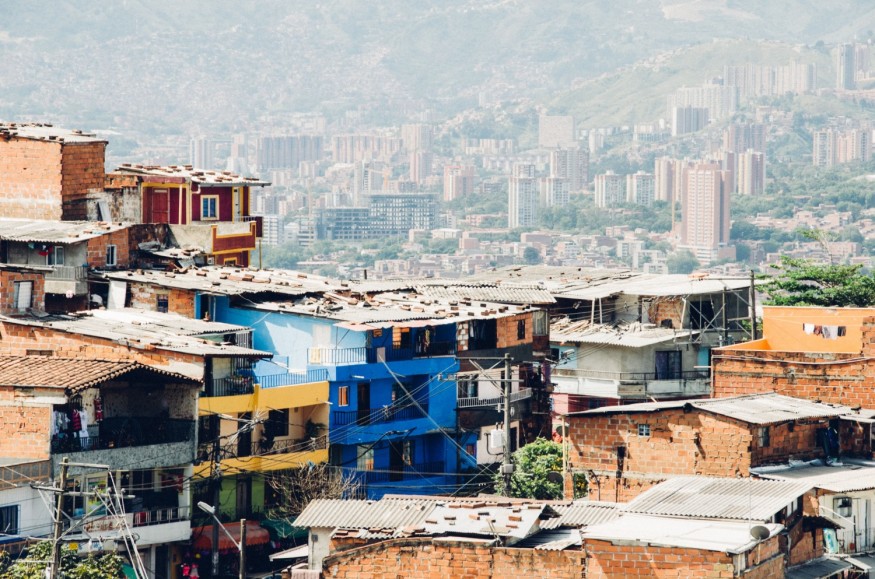
New research shows that heart transplant patients for those residing in areas where air pollution levels reached above national limits for clean air had a 26 percent higher risk of mortality due to infection.
More than 2,000 heart transplantations are performed in the United States yearly. In a study published in the Journal of the American College of Cardiology, post-transplantation mortality remains high despite medical advancements - reaching 50 percent by 11 years post-surgery.
The research added that air pollution links to a higher risk of cardiovascular death for patients with heart disease or a history of heart failure. Heart transplant recipients exemplify a particularly exposed population to air pollution vulnerability.
The study involved more than 21,000 patients from the United Network for Organ Sharing/Organ Procurement and Transplantation Network (UNOS/OPTN). Patients ages 18 years old and above who experienced heart transplantation between 2004 and 2015 were included.
The patients had an average age of 52, where 75 percent were male, 69 percent white, and 39 percent had heart failure due to prior ischemic heart disease. The study authors studied the patients' residential ZIP codes to know air pollution exposure levels according to location.
The study authors correlated the levels of air commonly generated by power plants, motor vehicles, or airplanes of each patient's ZIP code against the air quality standards applied to outdoor air throughout the United States.
Researchers unveiled that roughly 21.9 percent of heart transplant patients were living in areas where PM2.5 levels surpassed NAAQS limits for clean air. Regions that had higher air pollution had larger populations, higher percentages of minorities, a more significant number of households, and higher unemployment rates.
Heart transplant patients who had a long-term vulnerability to air pollution over several years had a 26 percent increased risk for mortality due to infection. More than 20 percent of the patients passed away after a follow-up of 4.8 years. The connection between air pollution and mortality was constant across all examined subgroups.
"[Since] organ transplants add a tremendous cost to society, we [became interested] in understanding if previously unknown environmental [drawbacks unfavorably] affected the [results] of these patients," said Dr. Sanjay Rajagopalan, professor of medicine at Case Western Reserve University School of Medicine and the study's lead author.
Rajagopalan added that long-term exposure to air pollution posed amplified risks for heart transplant recipients. The research team also found a link between air levels and mortality among transplant patients.
The research's lead author explained that heart transplant recipients become vulnerable to infections due to suppression of the immune response caused by the transplant. The team discovered that air pollution vulnerability resulted in inflammatory responses and increases in blood pressure and insulin resistance, as well as a weakened immune system.
C. Arden Pope III, an economics professor at Bringham Young University, said in an accompanying editorial comment that the recent study makes an essential contribution to understanding the health effects of air pollution.
"[The study's approach] used a [simple] approach to evaluate [the] health effects of air pollution in a unique [group] of individuals in [an exposed] health state," Pope noted.
Pope added the study discussed a piece of compelling evidence that exposure to air pollution mainly contributes to mortality risk in cardiac transplant patients.
This study has several limitations. The authors, as a retrospective study, could not ascertain the amount of data in all patients, the possibility of exposure misclassification, and an inability to adjust for the impact of factors that strongly links both air pollution exposure and outcomes, especially concerning race. The researchers, however, support the need for further studies of this population.
© 2025 NatureWorldNews.com All rights reserved. Do not reproduce without permission.





